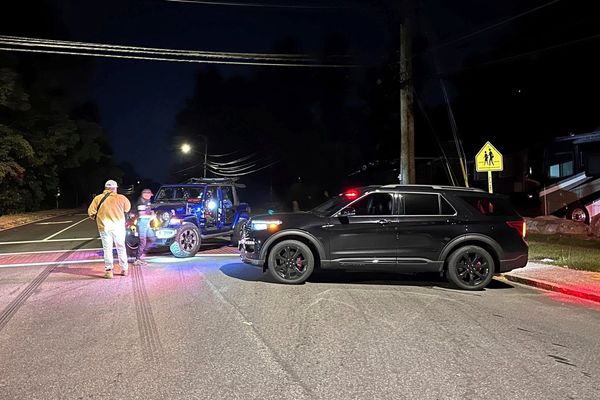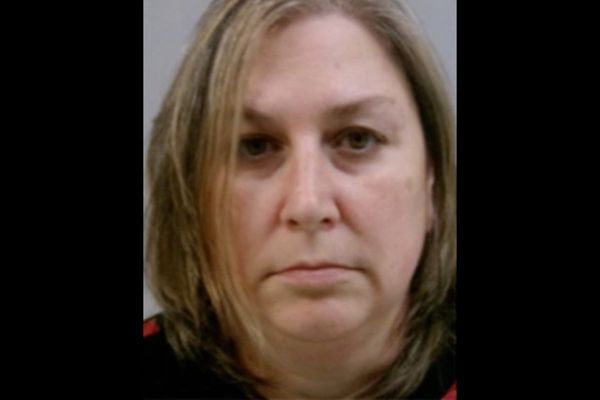Free and fair elections across America dodged a bullet this week. A fringe legal theory that former President Donald Trump’s supporters tried to use to help overturn the 2020 presidential election was put before a U.S. Supreme Court that, based on its recent conservative activism, seemed at least potentially apt to endorse it.
It didn’t, and the 6-3 majority decision that included all three liberal justices and three conservatives was a sweeping repudiation of a truly dangerous proposition. But the fact that such a radical idea even got this far should give pause regarding the radical times in which we live.
The radical idea was this: State legislatures should have unfettered power to determine all federal election rules and regulations in their states — including drawing all congressional boundaries — and no court should be able to review what they do, no matter how blatantly unconstitutional.
It’s called the “independent state legislature” theory, and it’s in part the reason crowds of Trump supporters were chanting “Hang Mike Pence” on Jan. 6, 2021: because they believed, based on this theory, that a handful of state legislatures could unilaterally overturn the election, if only Pence would give them that chance via his ceremonial role over the election count, and he refused.
The theory is based on the Constitution’s Elections Clause, which specifies that the “times, places and manner of holding elections for senators and representatives shall be prescribed in each state by the legislature thereof.”
Note that it doesn’t say state courts have no judicial review role over those state legislatures. But that’s what purveyors of the theory maintain it means. Just call it the "out-of-control legislature theory."
In the case at hand (Moore v. Harper), North Carolina’s Republican-controlled legislature tried to draw a blatantly gerrymandered district map that would give Republicans a 10-4 advantage in the U.S. House, despite the state’s voters being about evenly split.
The state Supreme Court rejected that map. The legislature sued — not on the claim that the map wasn’t gerrymandered, but, in essence, on the claim that they had every right to gerrymander, because state courts didn’t have any authority over their power to control federal elections in the state. That’s the claim the U.S. Supreme Court rejected (thankfully) this week.
The specter of giving state legislatures, of all bodies, unfettered power over elections is especially chilling, because they tend today to be in the grip of extremists, particularly in red states.
Missouri is a good example, with its almost complete ban on all abortion, even for rape and incest survivors; a “Second Amendment Preservation Act” that presumes to discard federalism by ignoring federal gun laws; and legislative focus this year on culture-war-catnip issues like transgender medical treatment and library content. The notion of giving these same lawmakers total power over every aspect of congressional elections, with no judicial review, should give pause to anyone who cares about a functioning democracy.
This is the latest in a small string of cases in which the Supreme Court has surprised observers by backing voting rights over attempts to erode them. Perhaps it’s the luck of court-docket draw, or maybe some of the court’s conservatives are starting to understand that their loss of credibility nationally is being driven by the perception they are just partisan hacks in robes. In any case, America's elections are — for now — safe from the statehouses.







